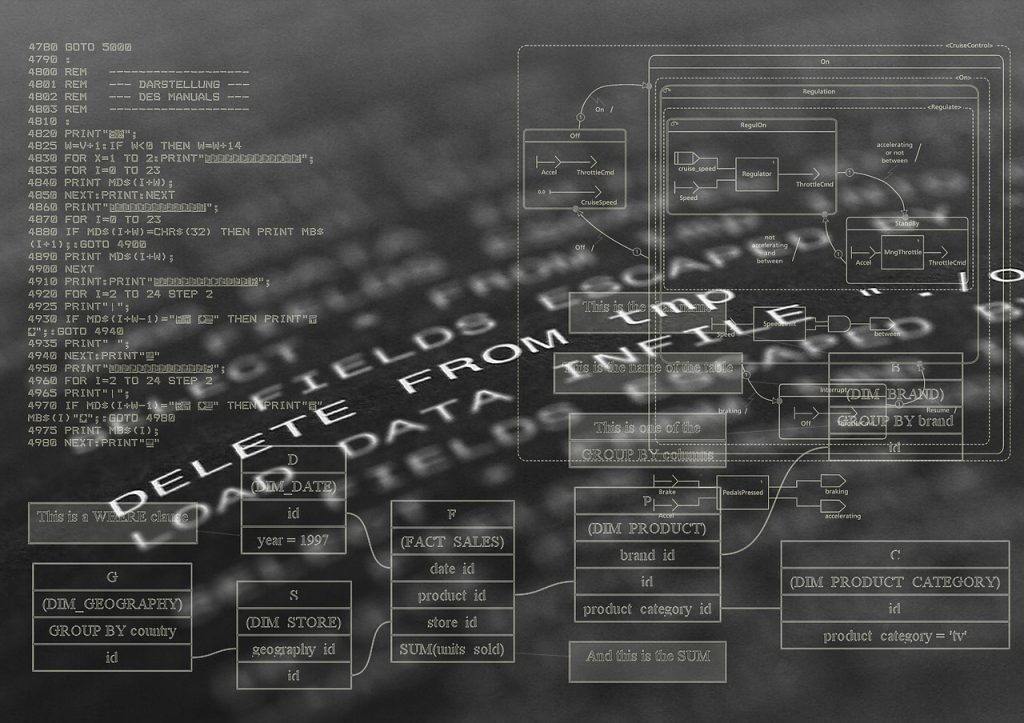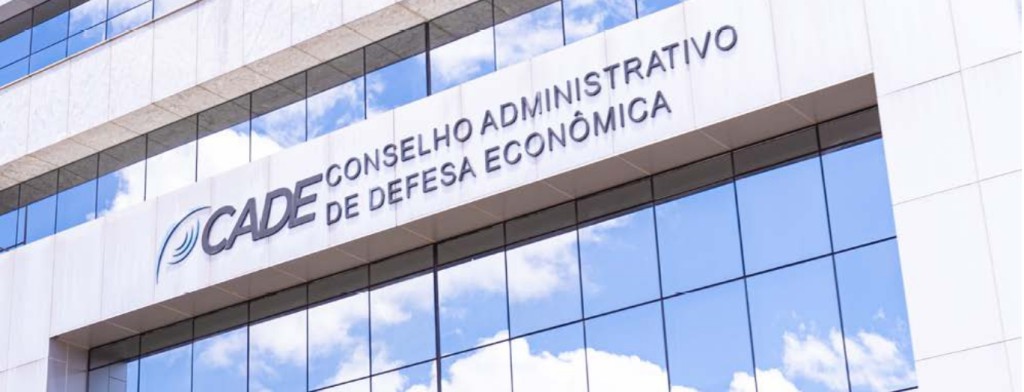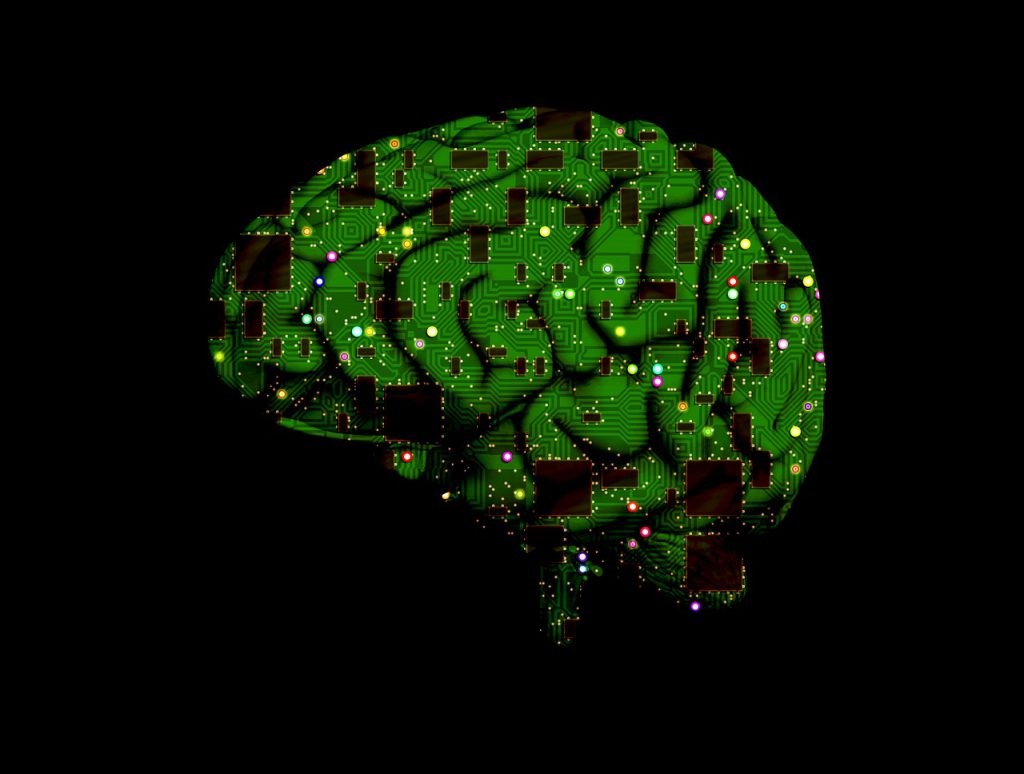
Artificial Intelligence and the Agreement between TSE and ANATEL to Combat Electoral Disinformation
*This is an AI-powered machine translation of the original text in Portuguese.
** Originally published in JOTA.
Recently, the signing of a Technical Cooperation Agreement between the Superior Electoral Court ('TSE') and the National Telecommunications Agency ('Anatel') was reported. The agreement aims to combat misinformation, enabling more immediate responses and reducing delays in complying with orders to remove content that spreads false information.
The malicious use of digital platforms for the sharing and dissemination of politically and electorally biased fake news has impacted democratic processes worldwide. Particularly since the 2018 presidential elections, this phenomenon has been observed in Brazil, prompting public institutions to make efforts to contain and condemn such practices.
In response to this scenario, in 2021, through Decree TSE No. 510/2021, the TSE made permanent the Anti-Misinformation Program, an initiative with a purpose very similar to the recently signed agreement. When the Program was instituted in 2019, the Court could already identify global trends in promoting fake news and observe the arrival of such practices in Brazilian elections. This led to the initiation of the program as a preventive measure against the recurrence of misinformation propagation in the 2020 municipal elections.
However, much has changed since then, especially with the use of AI tools to generate abusive content. It has been argued that the 2023 Argentinean electoral process – won by Javier Milei (La Libertad Avanza) – was the first election where the effective use of Artificial Intelligence was widely spread, allowing its use for both legitimate and deceptive purposes.
Recognizing the complexity and challenges posed by the use of AI tools in political and electoral environments, even Meta – the company that owns Facebook and Instagram – has adopted preventive measures. According to the new platform guideline, advertisers must inform users when an ad has been digitally created or altered to 'depict a real person saying or doing something they did not say or do'; 'depict a realistically looking person that does not exist or a realistically looking event that did not happen, or alter the footage of an event that happened'; or 'depict a realistic event that supposedly occurred but is not a true image, video, or audio recording of the event.'
These concerns are shared by representatives of Brazilian democratic institutions and motivated the agreement between TSE and Anatel. Minister Alexandre de Morais, the current President of the Superior Electoral Court, states that "[mis]information, which was already amplified through the uncontrolled instrument of social networks, now gains a new and problematic factor: Artificial Intelligence."
At the same time, the Minister recognized [1] the need for speed in combating misinformation, given the 'next step' in technology with the production of deepfakes, in the form of videos or audios simulating false statements by candidates with astonishing levels of authenticity.
The Technical Cooperation Agreement aims to find mechanisms to address abusive uses of technology through the integration of institutional systems. Previously, as reported by Anatel President Carlos Baigorri[2], removal orders for content or websites originating from the TSE were carried out by Judicial Officers, resulting in a slower process and increased expenditure of public funds.
Due to the establishment of the Agreement, the TSE will now be able to electronically notify Anatel about websites and content that need to be taken offline. In other words, there will be direct electronic communication between the organizations, implying an increase in the speed and efficiency of judicial services through the electronic processing of cases. This will lead to a reduction in indirect costs related to the communication of judicial decisions (transaction costs), achieved by minimizing the physical displacement of the parties. Additionally, it involves the development of policies to combat the phenomenon of misinformation and urgency in complying with judicial decisions to block websites. The premise is to ensure democracy, reduce misinformation and deception by combating false or manipulated information on social media.



